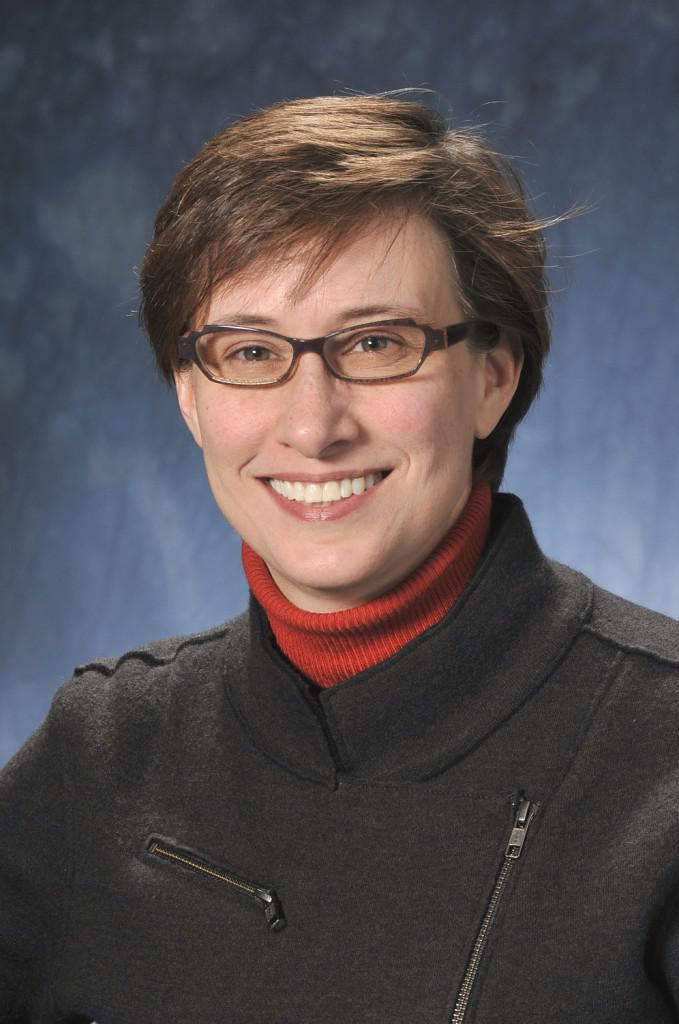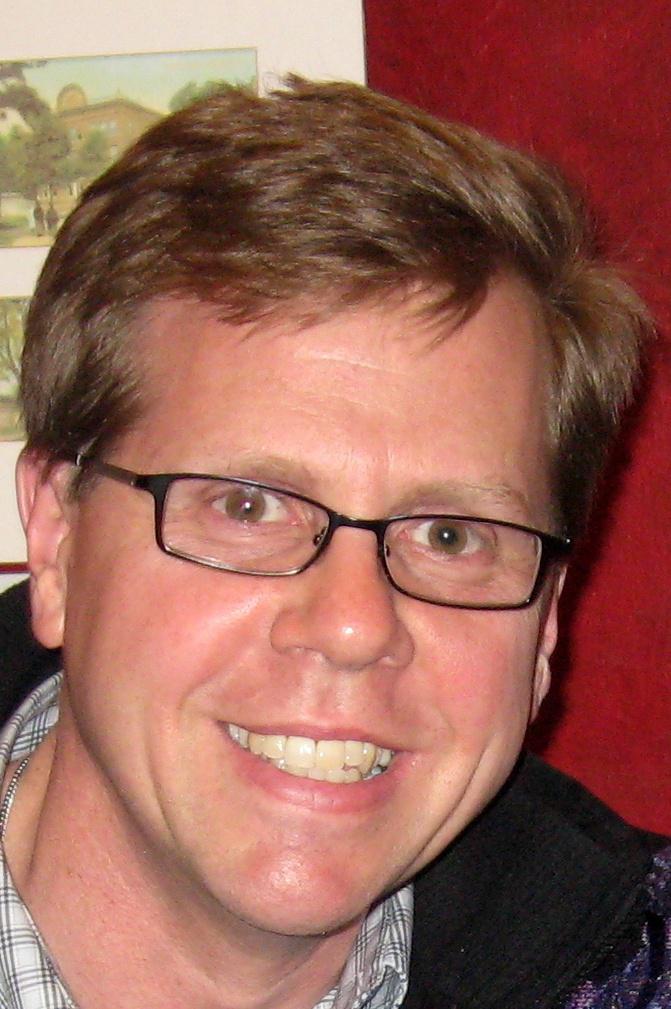Blue Waters Webinars | Scientific Software Ecosystems: Why and How
McInnes' BioLois Curfman McInnes is a Senior Computational Scientist in the Mathematics and Computer Science Division of Argonne National Laboratory. Her research focuses on numerical algorithms and software for the parallel solution of large-scale scientific applications involving nonlinear partial differential equations in the PETSc library (2009 R&D 100 winner). Lois leads (with Heroux) work on the IDEAS software productivity project and the Extreme-scale Scientific Software Development Kit (xSDK). Lois was named a SIAM Fellow in 2017. She won the 2015 SIAM/ACM Prize in Computational Science and Engineering (with PETSc collaborators); she also won an E.O. Lawrence Award in 2011 for outstanding contributions in research and development supporting DOE and its missions. She served as Chair (2015-16) and Program Director (2013-14) of the SIAM Activity Group on Computational Science and Engineering; she is co-chair of the 2018 SIAM Annual Meeting and serves on the SIAM Education Committee and the editorial board of SIAM News. Heroux's BioMichael Heroux is a Senior Scientist at Sandia National Laboratories and Scientist in Residence at St. John’s University and a distinguished member of the ACM. His research interests include all aspects of scalable scientific and engineering software for new and emerging parallel computing architectures. He leads several projects in this field: The Trilinos Project (2004 R&D 100 winner) is an effort to provide reusable, scalable scientific software components. The Mantevo Project (2013 R&D 100 winner) is focused on the development of open source, portable mini-applications and mini-drivers for the co-design of future supercomputers and applications. HPCG is part of the TOP 500 project for ranking supercomputer systems, complementing LINPACK. Mike’s most recent interests are focused on improving scientific software developer productivity and software sustainability. He leads (with McInnes) the IDEAS project, dedicated to engaging scientific software teams to identify and adopt practices that improve productivity and sustainability. Abstract
Software packages have proven effective in providing reusable capabilities that are robust, efficient, and scalable for computational and data-enabled research and education. At the same time, work toward broader interoperability in the form of scientific software ecosystems is imperative for next-generation modeling, simulation, and analysis. This presentation will launch a webinar series to promote the awareness of quality reusable research software for conducting computational and data-enabled discovery in all fields. We will provide a broad overview of issues, including examples of how software libraries help to enable efficient, robust, and portable performance, and we will discuss approaches to manage risks when using external software. We will also introduce international community efforts to improve, promote, and thereby expand the use of research software. We encourage you to get involved!
|
Skip to Content



